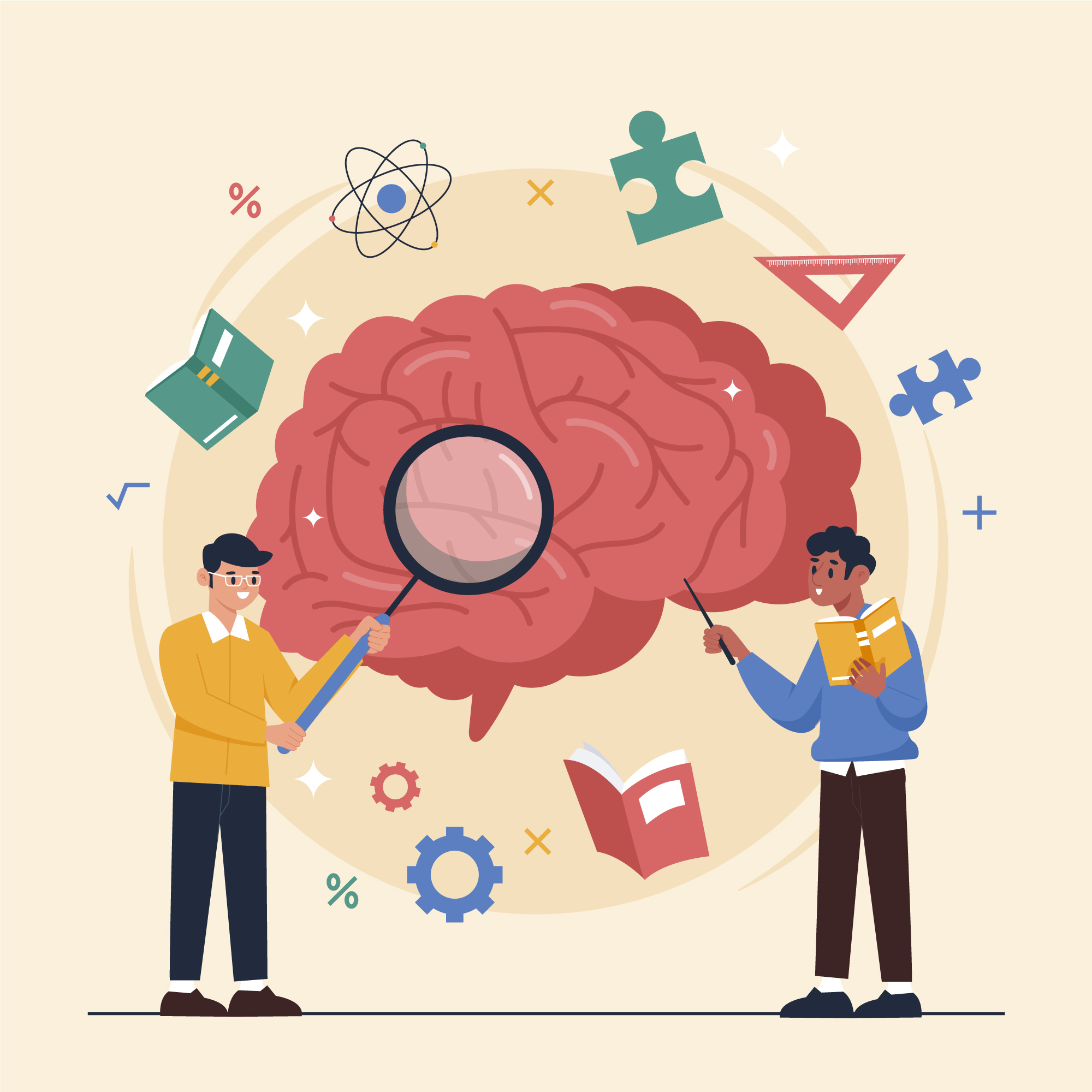What is Critical Thinking?
Critical thinking is the ability to analyze, evaluate, and create solutions rather than passively absorbing information. It encourages questioning, reasoning, and logical thinking, which are essential for success in the modern, dynamic job market.
Importance of Critical Thinking in Education
- Bridging the Skill Gap: Indian employers often highlight a gap between academic knowledge and workplace skills. Critical thinking prepares students for real-world challenges by fostering problem-solving and decision-making abilities.
- Fostering Creativity and Innovation: With the rise of fields like AI, data science, and entrepreneurship, industries value innovative thinking. Critical thinkers are better equipped to generate new ideas and adapt to technological advancements.
- Preparing for Global Opportunities: As Indian students increasingly pursue international education and careers, critical thinking aligns with global educational practices, enhancing their competitiveness.
- Empowering Independent Learning: By encouraging students to question assumptions and think logically, critical thinking promotes self-learning, a crucial skill in today’s fast-paced world.
Why Students Should Care
For students, critical thinking enhances creativity, boosts confidence in decision-making, and equips them to tackle modern workplace challenges. More than a skill, it’s a mindset that unlocks opportunities and builds a foundation for long-term success.
Incorporating critical thinking into education is no longer optional—it’s essential for shaping India’s next generation of innovators and leaders.


Leave a Reply